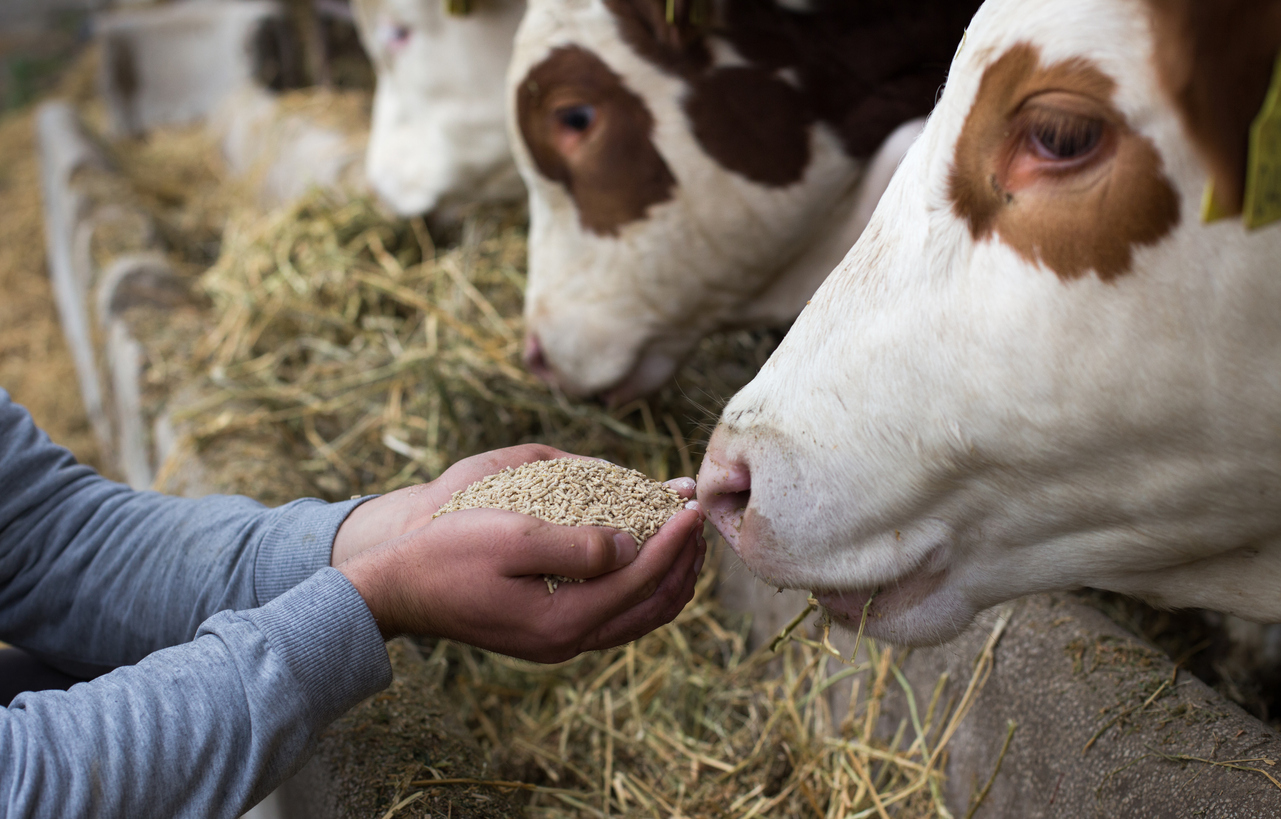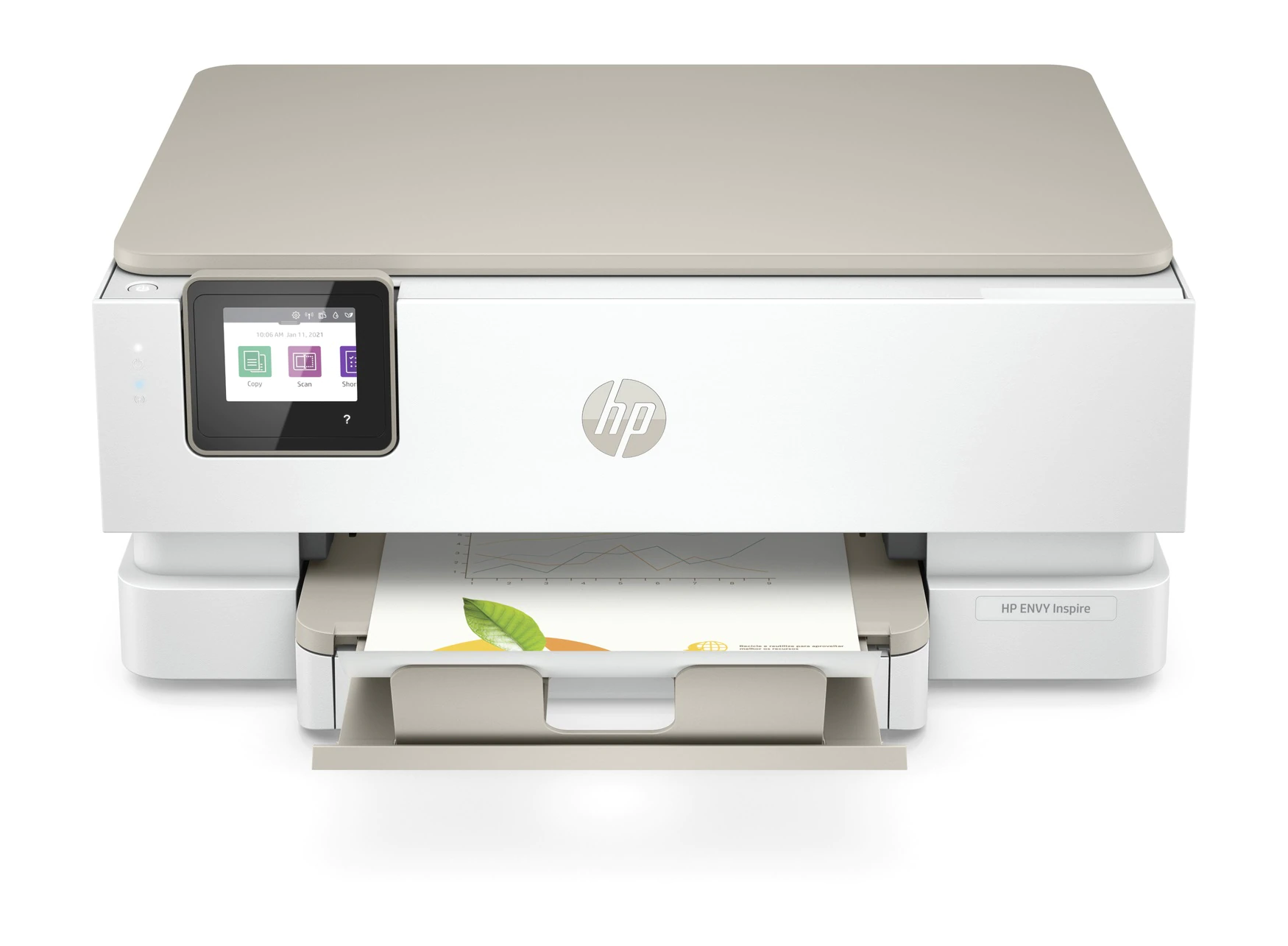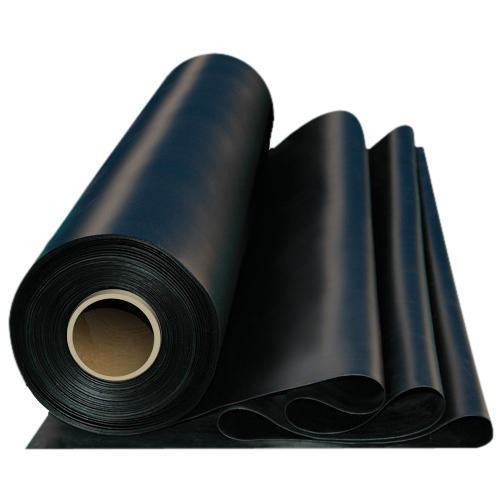How to Buy and Export Animal Feeds from South Africa
>>Click here to browse our animal feeds and buy online<<
How to Buy and Export Animal Feeds from South Africa
South Africa is the seventh largest exporter of agricultural products in the world. And, as of 2017, it is also one of the top ten feed producer countries. A range of animal feed products are exported from South Africa as raw materials for further processing and use by other countries. These include red meat meal, yellow fats, green fats, soybean meal, corn gluten meal and poultry feed pellets. This guide covers everything you need to know if you want to buy and export animal feeds from South Africa. From market insights and regulations to sourcing recommendations and cost estimation tips – here is everything you need to start this business venture successfully.
What are the benefits of importing feeds from South Africa?
In addition to the many competitive advantages that South Africa possesses in other industries, it is also an ideal location for the purchase and export of animal feed. The proximity of South Africa to major feed importers like China, India, Brazil, and the Middle East offers a number of benefits to importers. First, South Africa’s location makes ocean freight times to Asia and the Americas extremely short compared to other feed exporting regions. Second, feed products from South Africa cannot be grown in North America or Europe due to the presence of African Swine Fever in those countries. These two factors mean that feed shipping costs are lower and fewer regulations are required to import feed from South Africa into major importers. This makes importing feed from South Africa more affordable and less complex than sourcing feed from other feed exporting regions.
Which animals produce and export animal feed from SA?
South Africa is the world’s sixth-largest producer of swine and the seventh-largest producer of poultry. In addition to those two species, South Africa also produces dairy products, beef and wool. Feed produced in South Africa is therefore suitable for all of these animals.
Which types of animal feed are produced in SA?
There are many different types of animal feed produced in South Africa, though soybean meal and corn gluten meal are by far the most common feed products exported from the region. Corn gluten meal is produced from corn kernels that have been soaked in order to break the starch down into simple sugars. The kernels are then dried and processed into a fine powder. Corn gluten meal is a common ingredient in poultry feed. Soybean meal is made from crushed soybeans that have been cooked and pressed to remove the oil. The remaining pulp is then ground into a fine powder. Soybean meal is a common ingredient in swine and poultry feed, as well as in dairy feed.
Which ingredients are used to produce animal feed in SA?
The ingredients used to produce animal feed largely depend on the species and type of feed being manufactured. However, there are a few ingredients that are used almost across the board by South African feed manufacturers. These include corn, soybeans, wheat, barley and various types of cottonseed. Corn is the most common ingredient used to produce feed in South Africa. In fact, it is estimated that nearly 80 percent of all corn grown in the region is used in feed production. Soybeans are also used in feed production, though not nearly as much as corn. Wheat, barley and various types of cottonseed are also occasionally used in South African feed.
Importing process for animal feed from South Africa
The first step in the feed importing process is to identify a supplier. As previously mentioned, South Africa is one the top feed producers in the world, and the industry is dominated by a handful of large companies. Once you have identified a supplier, you will need to visit their facility to conduct due diligence. You will want to inspect the company’s manufacturing process, as well as conduct interviews with their management. These steps help you to better understand the business, protect yourself from fraudulent suppliers and better assess the quality of their products. After finalizing your selection and signing a purchase order, the feed will be shipped to the port nearest to you. You will then need to clear the feed through customs, which requires a feed licence if you are importing more than 500 tonnes per year.
Regulations for importing feeds from South Africa
The types of feed that you can import from South Africa will depend on your product volume and the feed types that you are importing. In general, most feeds imported from South Africa require no special licensing. However, if you are importing feeds in excess of 200,000 tonnes or feed types that are not typically imported from the region, you may need to apply for a Feed Import Licence. When importing feeds from South Africa, you should be aware of two regulations. The first is that the feed must contain at least 70 percent of the type of feed that is declared on the label. The second regulation is that the feed must be manufactured in a facility that is approved for use by the Food and Agriculture Organization of the United Nations (FAO).
Final Words
This guide covers everything you need to know if you want to buy and export animal feeds from South Africa. From market insights and regulations to sourcing recommendations and cost estimation tips – here is everything you need to start this business venture successfully. Now that you know more about the benefits and challenges of importing feeds from South Africa, you can better decide if it’s the right sourcing option for you.








LEAVE A COMMENT
You must be logged in to post a comment.